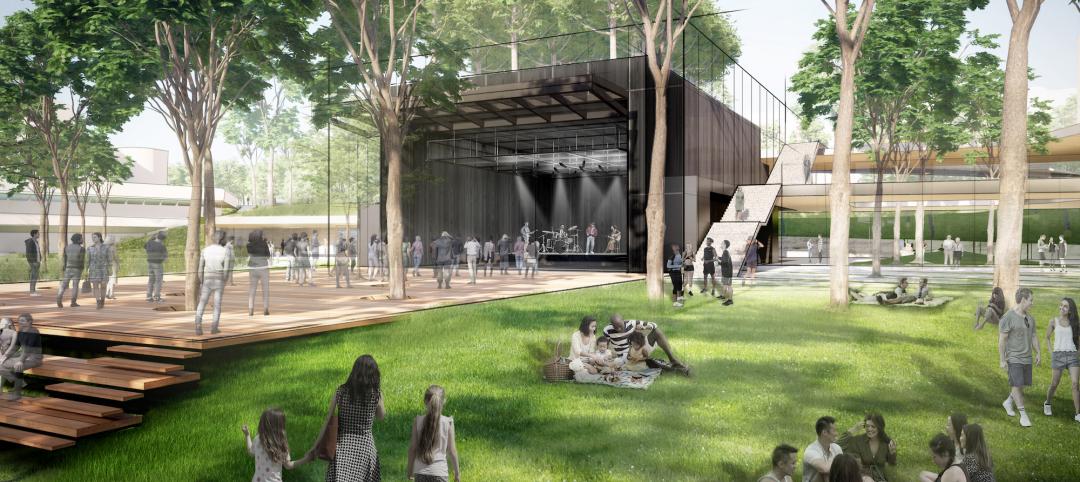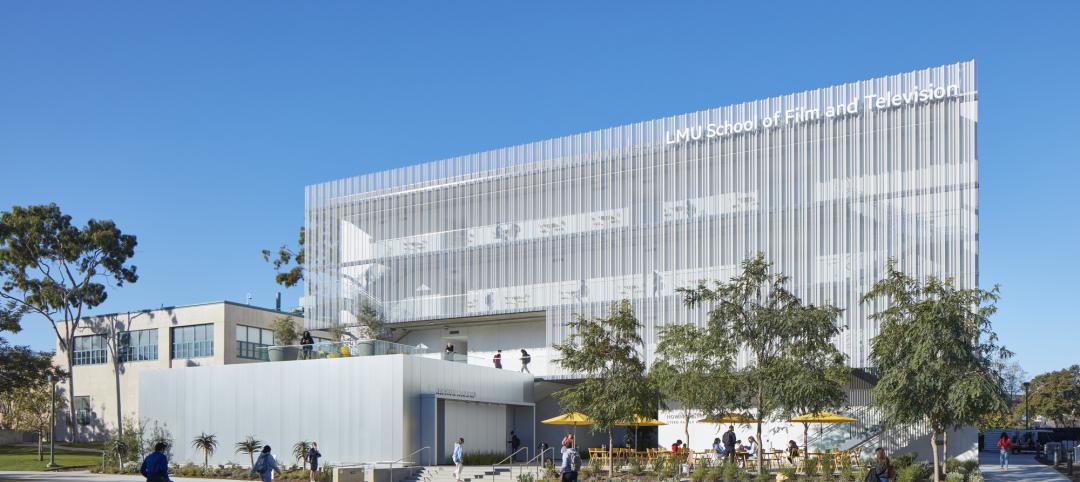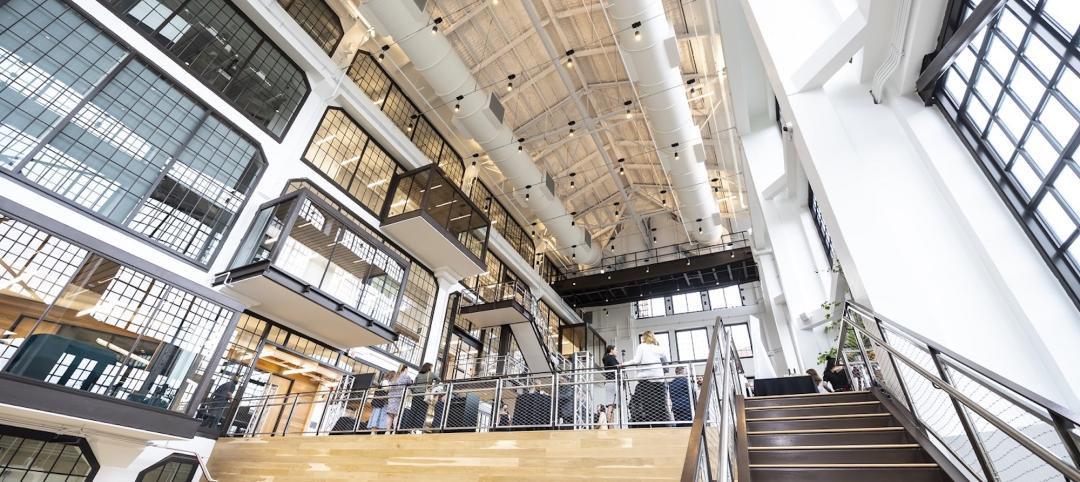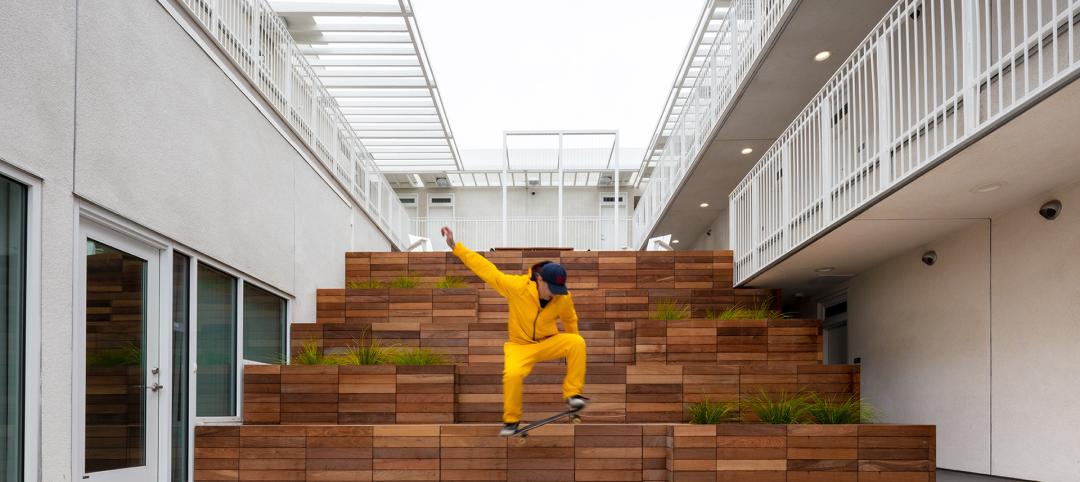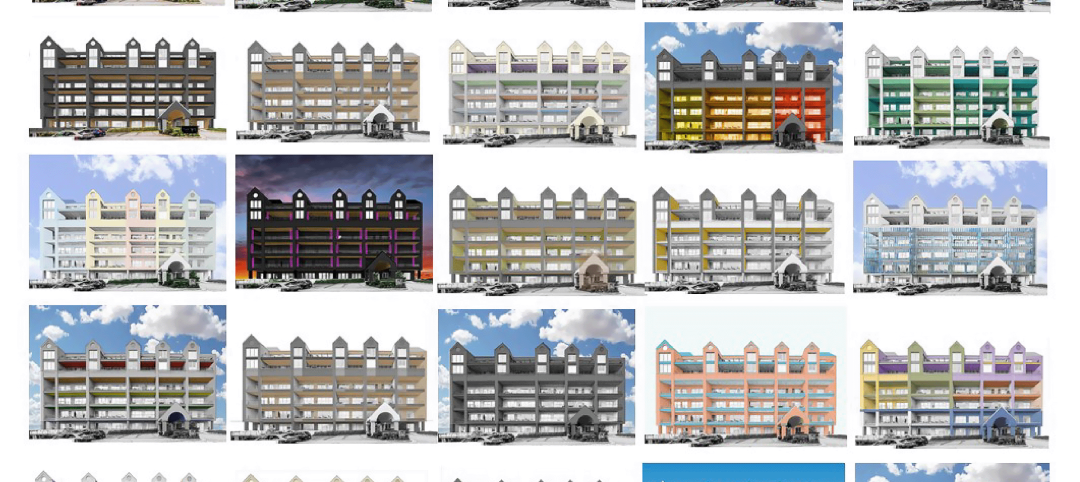BD+C: What are the prospects for the U.S. hotel industry and hotel construction?
Igor Krnajski: In the last couple of years we’ve had a pretty good downturn, of course, but the next five years are looking much better. The industry as a whole is forecasting gains in the 5-7% range. At Denihan, because we’re New York-centric, we were up 11% last year, and we’re forecasting 10% gains for this year. There have been a lot of conversations about how properties have been neglected, and that capital dollars need to be expended.
BD+C: How do you think that will break down between new hotel construction and reconstruction of existing properties?
IK: The initial surge will be in reconstruction, in the upkeep of your own portfolio. Then it will go into the expansion of portfolios, companies taking over existing properties and repositioning them. As for new construction, the financial markets are not fully ready to support new build. They’re looking to minimize risk by investing in properties that have operating cash flow. It’s all about managing risk, and if we as an industry show a couple of years of solid growth, investment in new construction will come back.
Any new hotel construction will be in areas that need an influx of new rooms, underserved areas like Dallas and Houston and Boston, and even Washington, although it is much more difficult to build new there.
BD+C: Any specific geographical growth areas for Denihan?
IK: We’re looking to expand primarily within the U.S., such as in Dallas. We’re very East Coast-centric right now, and we need a balance on the West Coast—places like Los Angeles, Seattle, San Francisco.
BD+C: Howard Wolff, an SVP at hotel designer WATG, has blogged that “bling has blung,” that high-end guests are concerned about ostentation and the appearance of conspicuous consumption in their choice of hotels. Is this a trend?
IK: Our customers are looking for more of a residential environment, rather than just a hotel room. The desire to entertain within their hotel space is much greater, so they want office/living/entertainment within the same space.
It used to be you catered to business class—the fax machine, the big desk—but now it’s a laptop and wi-fi, and a banquette with a table, so the guest can work there and also have dinner right there. And we have to provide solid technology: Internet, lighting and temperature controls, window treatments, AV, and other guest amenity services.
It’s a matter of changing tastes, but “bling” will be back some day. There’s always room in the market for luxury.
BD+C: What about green design and operations?
IK: “Environmentally thoughtful” is the term we’re using. There’s definitely a balance between comfort and environmental awareness that our guests are looking for. They’re much more sophisticated these days. Guests want to feel that they’re doing the “green” things that they may be doing at home, like recycling and saving energy, but in a hotel environment, they want the luxury of being a little bit naughty—taking a long shower, for example.
We’re constantly doing light bulb audits, installing dual-flush toilets and showerheads with internal flow constrictors, and in-house recycling. We’re looking at LEED aspects for our projects, but getting LEED accreditation for buildings in New York City is not easy. There’s a fine line between conservation and the guest experience but I do think the industry is listening.
BD+C: Are you commissioning your properties?
IK: We do commissioning. We think it’s better to be preemptive than to wait for equipment and systems to become a problem. As for metrics, in a hotel environment, it’s a very difficult calculation, because it’s affected by the use of the rooms, and it’s very seasonal, but we know we have saved year over year as a result of commissioning.
BD+C: As SVP of Design and Construction for a luxury hotelier, what advice do you have for AEC firms that want to do business with firms like yours?
IK: Our biggest ongoing issue with AEC firms is that they’re not always thinking in terms of the hotel operator’s mindset. There are many operational aspects that are exclusive to hotel design. We’re hiring them to give us good ideas, but if they understood our operations better, that would make the working relationship much smoother.
I’ve seen situations where the designers grossly underestimated the size of the staff, with the result that they followed code requirements but designed in only one shower for the male staff’s locker room. We as owners and operators have an obligation to educate our design teams, but designers should know better than to make mistakes like that.
BD+C: What, in your professional role, keeps you up at night?
IK: Our guests are more social media-minded, and that is putting pressure on us to keep up with them. The feedback is plentiful and immediate, and expectations are higher than ever. Yet you can’t be constantly changing things. How do we evaluate their input quickly, because by the time you get there, there’s a new trend? How do you respond? How do we filter this fantastic information from our customers and implement it? You’ll miss the boat if you don’t.
Related Stories
Sustainability | Jan 9, 2023
Innovative solutions emerge to address New York’s new greenhouse gas law
New York City’s Local Law 97, an ambitious climate plan that includes fines for owners of large buildings that don’t significantly reduce carbon emissions, has spawned innovations to address the law’s provisions.
Fire and Life Safety | Jan 9, 2023
Why lithium-ion batteries pose fire safety concerns for buildings
Lithium-ion batteries have become the dominant technology in phones, laptops, scooters, electric bikes, electric vehicles, and large-scale battery energy storage facilities. Here’s what you need to know about the fire safety concerns they pose for building owners and occupants.
Market Data | Jan 6, 2023
Nonresidential construction spending rises in November 2022
Spending on nonresidential construction work in the U.S. was up 0.9% in November versus the previous month, and 11.8% versus the previous year, according to the U.S. Census Bureau.
Industry Research | Dec 28, 2022
Following a strong year, design and construction firms view 2023 cautiously
The economy and inflation are the biggest concerns for U.S. architecture, construction, and engineering firms in 2023, according to a recent survey of AEC professionals by the editors of Building Design+Construction.
Performing Arts Centers | Dec 23, 2022
Diller Scofidio + Renfro's renovation of Dallas theater to be ‘faithful reinterpretation’ of Frank Lloyd Wright design
Diller Scofidio + Renfro recently presented plans to restore the Kalita Humphreys Theater at the Dallas Theater Center (DTC) in Dallas. Originally designed by Frank Lloyd Wright, this theater is the only freestanding theater in Wright’s body of work.
University Buildings | Dec 22, 2022
Loyola Marymount University completes a new home for its acclaimed School of Film and Television
California’s Loyola Marymount University (LMU) has completed two new buildings for arts and media education at its Westchester campus. Designed by Skidmore, Owings & Merrill (SOM), the Howard B. Fitzpatrick Pavilion is the new home of the undergraduate School of Film and Television, which is consistently ranked among the nation’s top 10 film schools. Also designed by SOM, the open-air Drollinger Family Stage is an outdoor lecture and performance space.
Adaptive Reuse | Dec 21, 2022
University of Pittsburgh reinvents century-old Model-T building as a life sciences research facility
After opening earlier this year, The Assembly recently achieved LEED Gold certification, aligning with the school’s and community’s larger sustainability efforts.
Multifamily Housing | Dec 20, 2022
Brooks + Scarpa-designed apartment provides affordable housing to young people aging out of support facilities
In Venice, Calif., the recently completed Rose Apartments provides affordable housing to young people who age out of youth facilities and often end up living on the street. Designed by Brooks + Scarpa, the four-story, 35-unit mixed-use apartment building will house transitional aged youths.
Coatings | Dec 20, 2022
The Pier Condominiums — What's old is new again!
When word was out that the condominium association was planning to carry out a refresh of the Pier Condominiums on Fort Norfolk, Hanbury jumped at the chance to remake what had become a tired, faded project.
Cladding and Facade Systems | Dec 20, 2022
Acoustic design considerations at the building envelope
Acentech's Ben Markham identifies the primary concerns with acoustic performance at the building envelope and offers proven solutions for mitigating acoustic issues.







